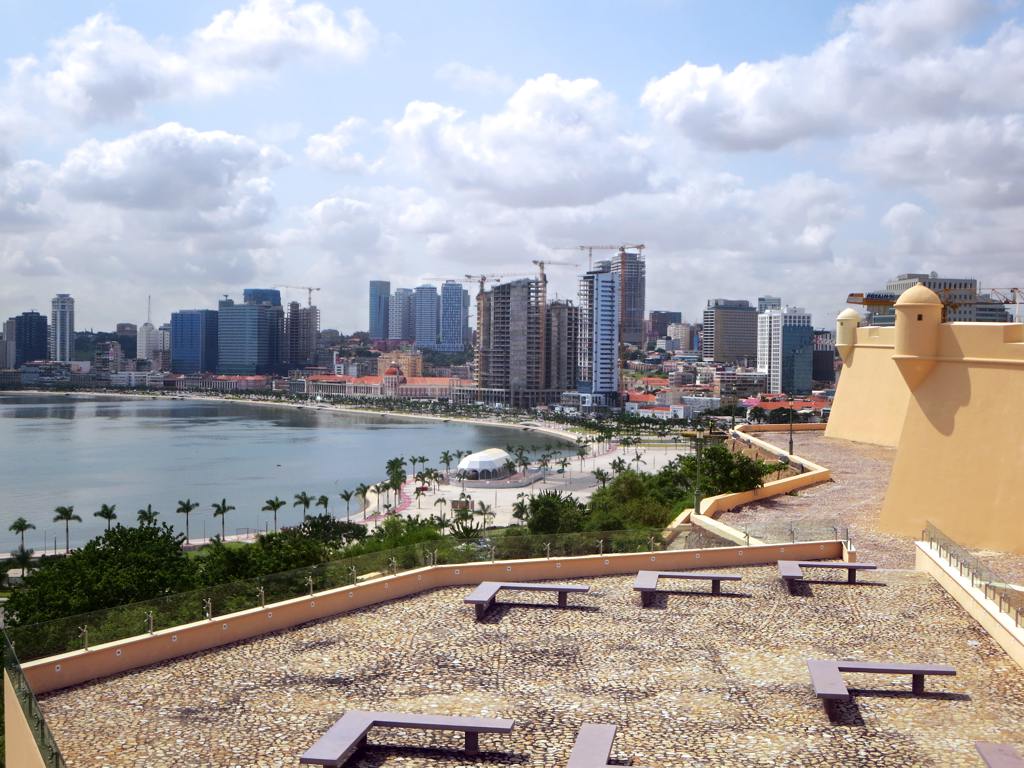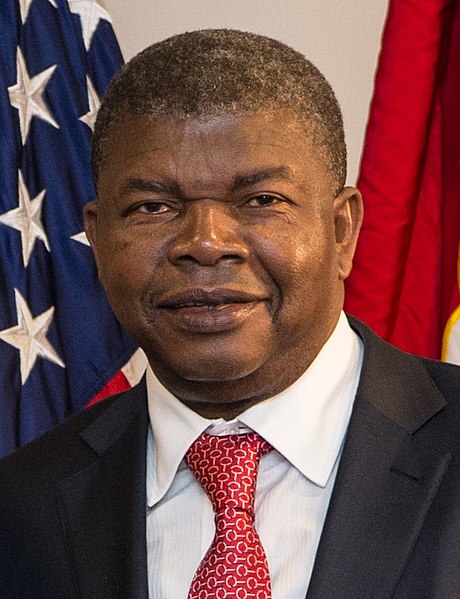Winds of Change: Angola’s Political Zeitgeist

Perhaps no country better exemplifies the resource curse than Angola: although the country has vast natural wealth in the form of diamonds and oil, it remains one of the least developed countries in the world. Rather than using their resources to diversify into secondary and tertiary economic sectors, differing political factions instead use oil and diamond extraction to exercise hegemonic power over their community.
This abuse of wealth began with the colonial Portuguese empire. The colonists had established an oil extraction process that dominated the economy, in addition to the bifurcation of Angolan society into ‘white’ Portuguese colonists and ‘black’ Angolan natives – the latter category also included mestiços, who were of mixed African and Portuguese descent and were more educated than their indigenous counterparts. Racism and limited economic mobility led to dissatisfaction among the middle-class, often foreign-educated mestiços; they formed the Luanda-based Popular Movement for the Liberation of Angola (MPLA). Poorer, rural Angolans also had grievances with the government, in particular the inhumane labour laws that governed the oil extraction and agriculture industries. This led to the creation of the National Front for the Liberation of Angola (FNLA), which later established the National Union for the Total Independence of Angola (UNITA). Although these factions had formed a tenuous alliance during the war of independence, Portugal’s withdrawal from the colony led to a power vacuum that all parties were desperate to fill.

A proposed coalition government between the MPLA, FNLA, and UNITA was established at the Alvor Accord of 1975. However, it almost immediately failed, with the MPLA forcing the FNLA into exile. A power struggle occurred between the MPLA, whose centre of power was in the oil-rich coasts of Angola, and UNITA, which controlled the diamond-laden hinterland of the country. The civil war was exacerbated by the geo-politics of the age: the Cold War. The MPLA maintained a Marxist approach and was supported by Cuba and the Soviet Union, while UNITA was backed by the United States and South Africa. Successive peace agreements failed due to UNITA leader Jonas Savimbi‘s reluctance to accept the authority of the MPLA and President Jose Eduardo dos Santos’ refusal to accept any negotiations that did not result in the complete surrender of UNITA.
After Savimbi’s assassination in 2002, the United Nations (UN), in conjunction with the MPLA, successfully implemented disarmament, demobilization, and reintegration (DDR) processes for UNITA. The focus of the group shifted from armed guerrilla militia to stable political party. Since the end of the civil war, Angola has become a relatively-stable unitary presidential republic with a multiparty system.
The elections of 2008 and 2012, while controversial, were not contested by UNITA. However, the 2017 Angolan election was precedent-setting: for the first time since

1979, dos Santos would not be seeking re-election. The loss of dos Santos’ cult of personality, compounded with MPLA’s historically low results in the 2012 election – where they garnered only 70% of the vote – brought the question of whether, for the first time in its history, another party would rule the country. However, the August 2017 elections depicted a clear victory for the MPLA and its new leader Joao Lourenco, who won 61% of the vote and ran on an electoral platform of economic stimulation and anti-corruption policies.
Going forward, the question of whether Lourenco will fulfill his promises of change will be interesting to follow. The importance of third party actors (namely dos Santos) and inter- and intrastate relations will be established, particularly as they relate to Lourenco and his policies.
Edited by Benjamin Aloi
